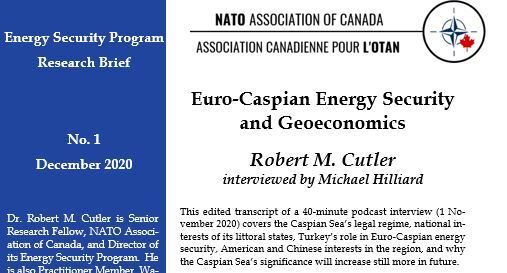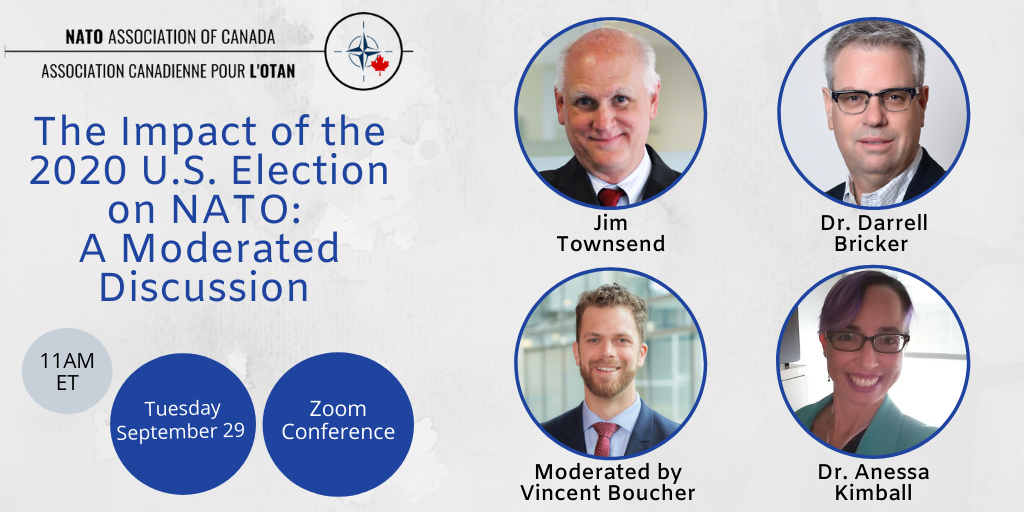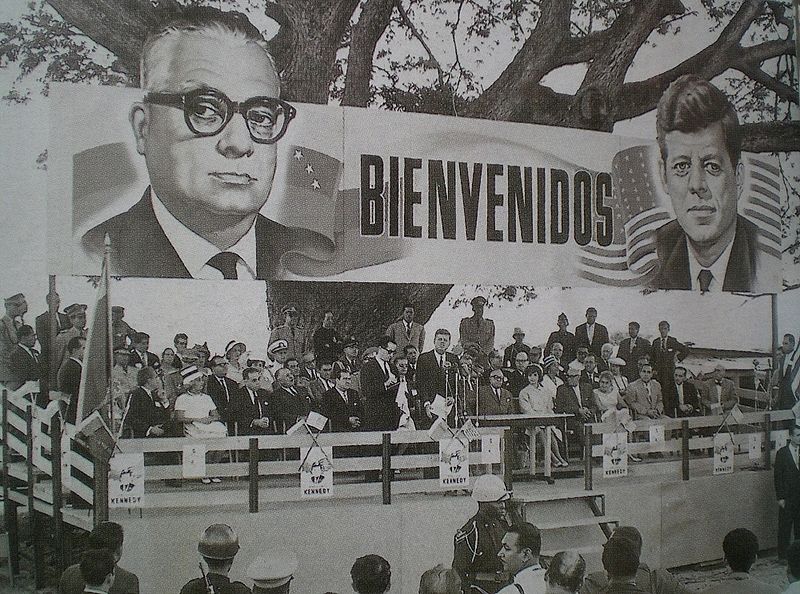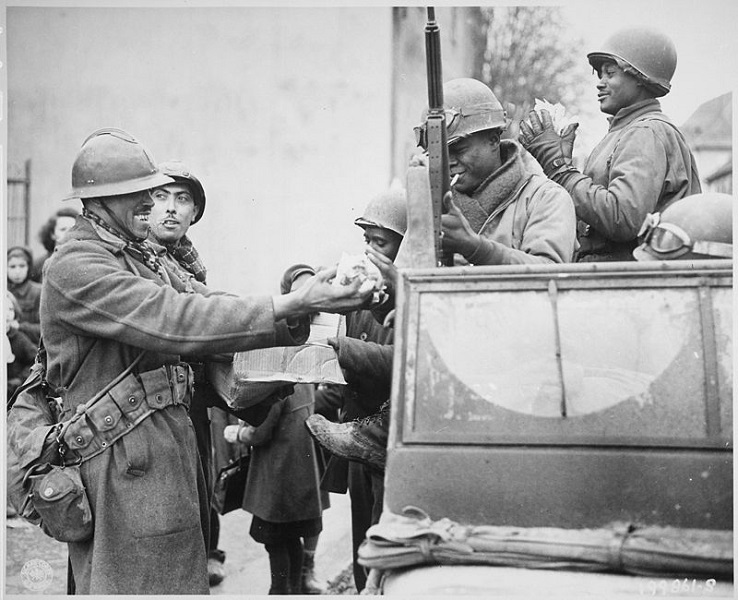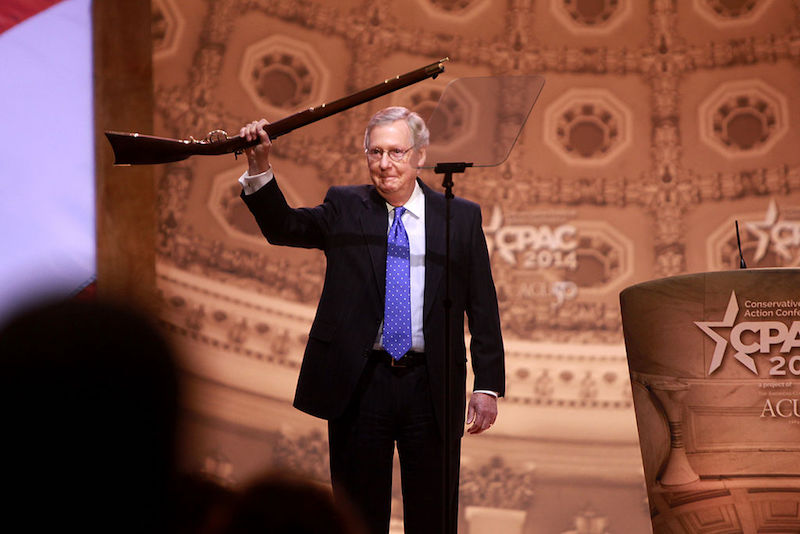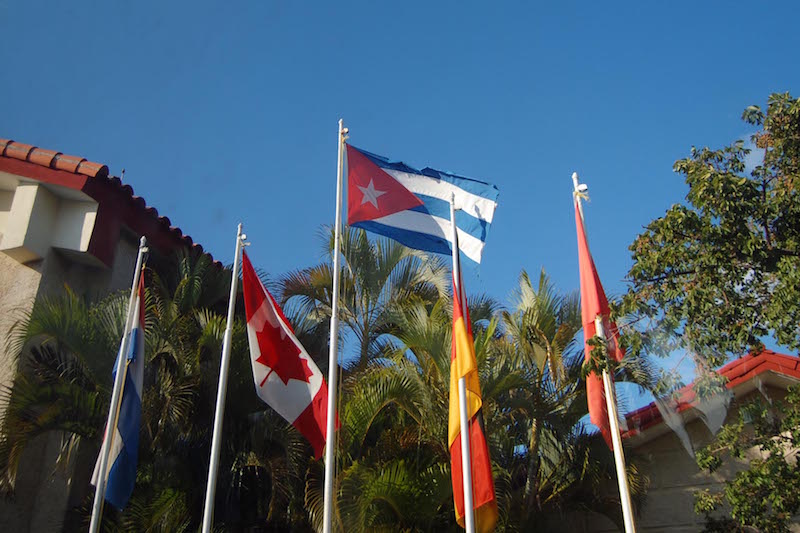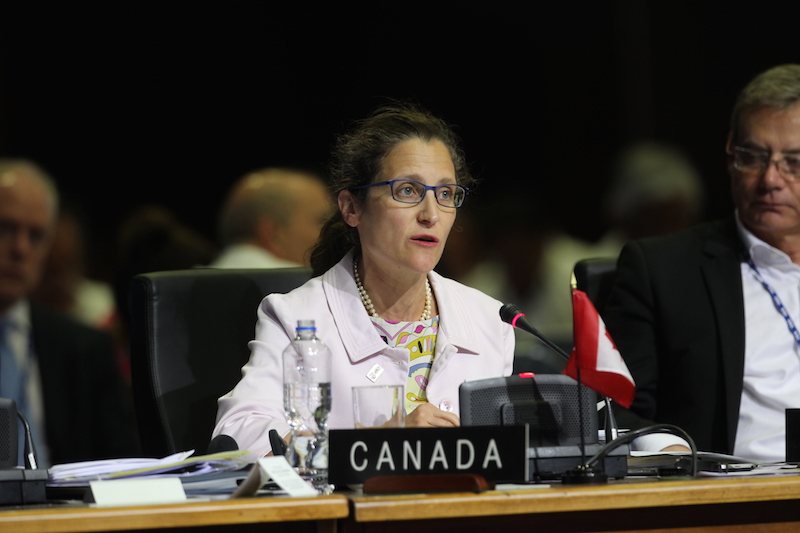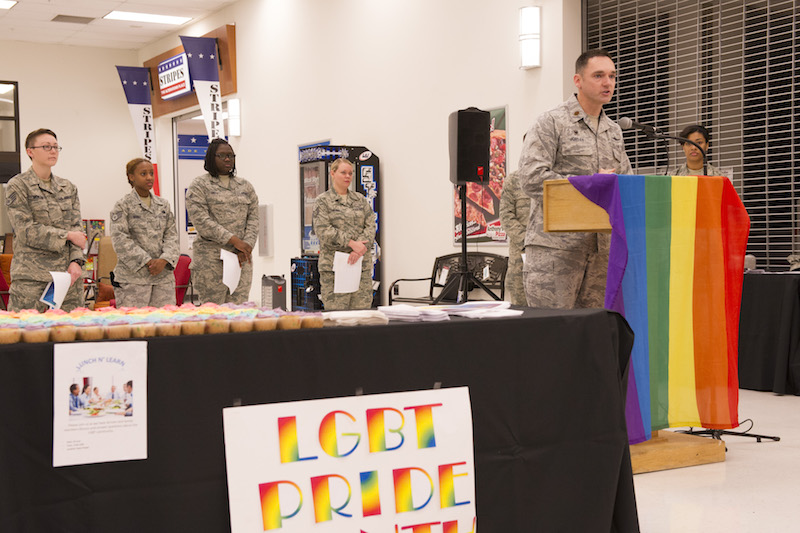This edited transcript of a 40-minute podcast interview (1 November 2020) covers the Caspian Sea’s legal regime, national interests of its littoral states, Turkey’s role in Euro-Caspian energy security, American and Chinese interests in the region, and why the Caspian Sea’s significance will increase still more in future.
Tag: USA
The Impact of the 2020 U.S. Election on NATO: A Moderated Discussion
On Tuesday, September 19th, 2020, The NATO Association of Canada is hosting a moderated discussion about the impact of the 2020 presidential election on American foreign policy and NATO.
Perspectives On U.S. Intervention In Latin American Affairs Through History
The interns analyze how U.S. intervention in Latin American affairs impacted social, political, and economic development in the region throughout history.
One for All and All for One: NATO, Stability, and the American National Interest
While world leaders question the usefulness of the international order, Justin Dell shows just how important NATO is to U.S. national interest.
America’s Gun Problem, Pt. II: Illogical Legislation
America’s gun laws are full of loopholes and gaps. And while some states are tightening their rules, others are only weakening them further.
America’s Gun Problem, Pt. I: The Power of the NRA
The National Rifle Association has the last say when it comes to America’s gun laws. Here’s why.
Covert Sound as a Surveillance Weapon? The Mysterious Symptoms of Canadian and US Diplomats in Cuba.
While monitoring communications of diplomats by their host countries is nothing new, were Canadian and US diplomats targets of botched attempts?
Canada’s Progressive (and Ambitious) Goals for NAFTA
Canada’s proposing new chapters for NAFTA re-negotiation talks that are some of the most socially ambitious yet.
Mathematics meets Politics: Game Theory & Trade Wars
Can mathematics shed light on why countries choose protectionism?
Where do LGBT Perspectives Fit within the NATO Narrative?
To honour LGBT month, the turbulent experiences of identifying service men and women are acknowledged, while the paranoia surrounding their service are debunked. The accession of prospective nations into the Alliance raises the question of whether the LGBT inclusion status of a nation is a factor worth considering for membership. And if it should be, can religious affiliation influence the security and defence commitments of NATO members?

